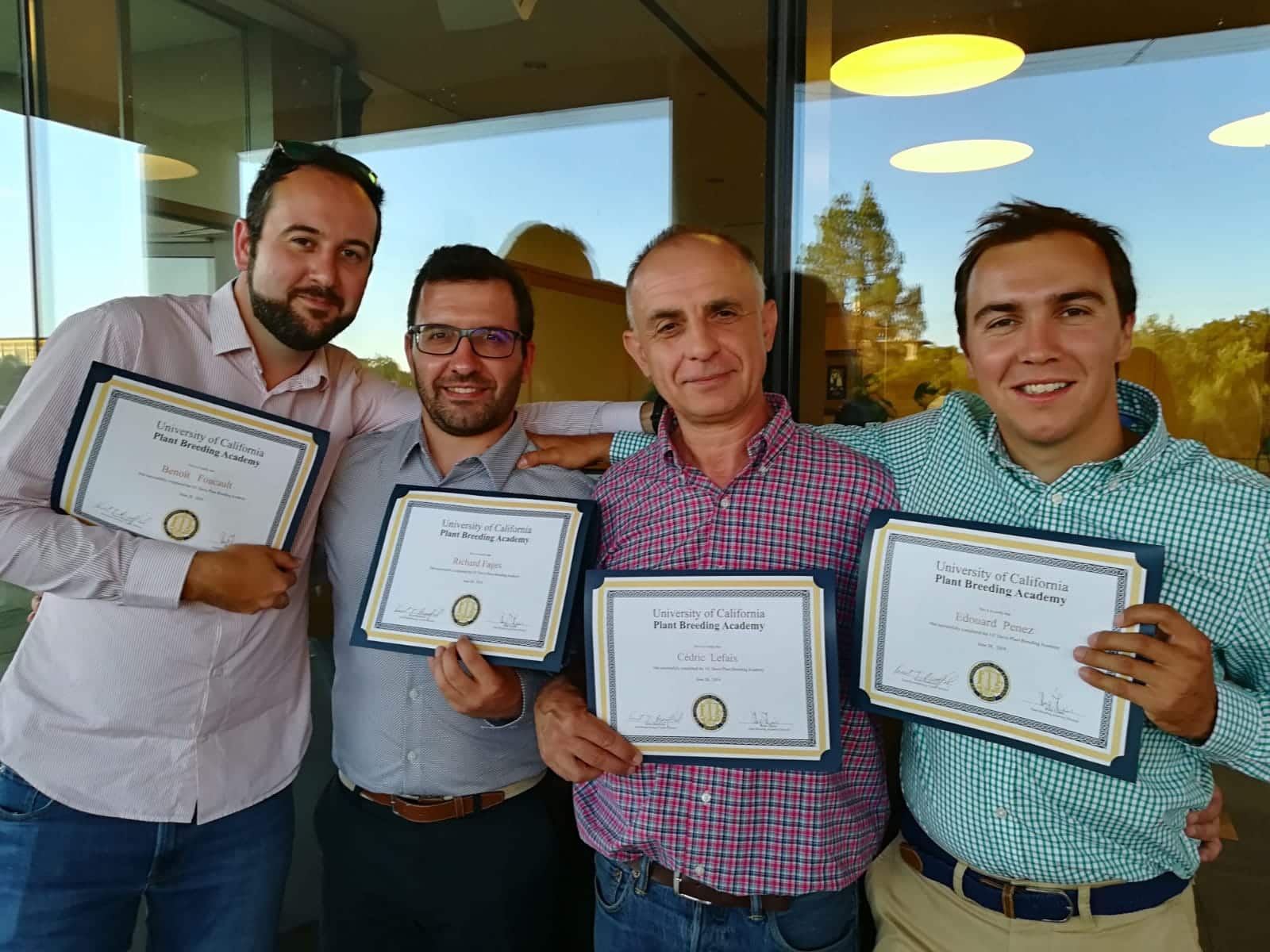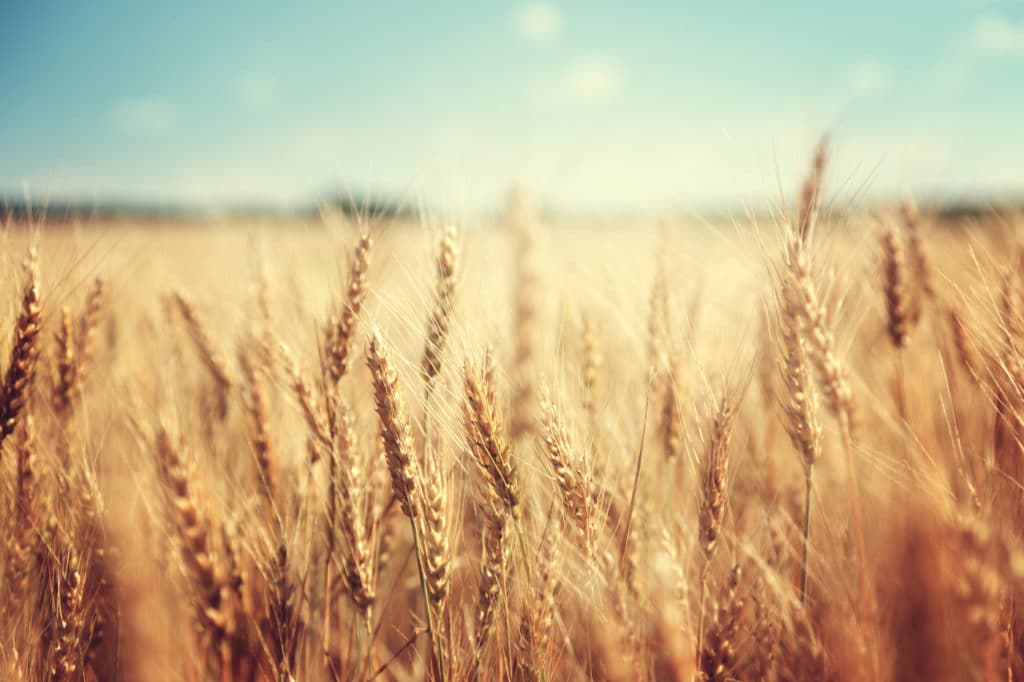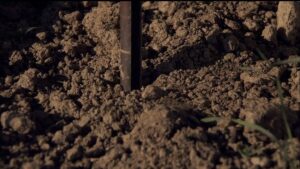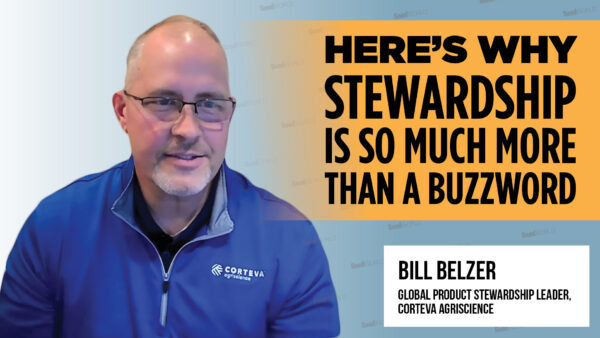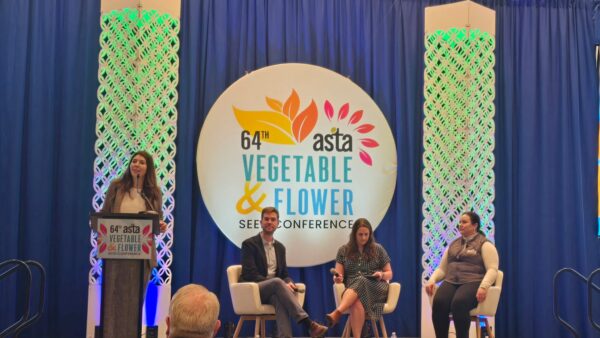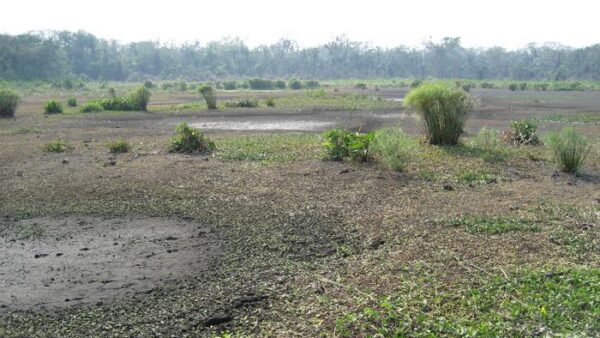This year’s recipient of the European Seed Association’s Outstanding Student Award understands that as years go by, it’s important to continue to self-improve and learn.
If there’s one person who knows the meaning of hard work, it’s Benoèt Foucault, assistant wheat breeder at KWS and recipient of this year’s European Seed Association Outstanding Student Award at the European Plant Breeding Academy (EPBA).
Growing up in the small town of Limoges in the center of France, Foucault is no stranger to agriculture and working hard to achieve his goals. He began his career by getting his bachelor’s and master’s degree in agronomy and crop sciences, thinking he wanted to breed vegetables and flowers.
“I wasn’t so interested in field crops,” Foucault says. “I did an Erasmus internship in Denmark while I was in school which focused on wheat.”
However, while row crops didn’t catch his interest in his studies, during his internship, Foucault learned that wheat was an incredibly diverse crop with a long, global history.
“The last year of my studies, I decided to do a second internship in wheat,” he says. “It focused on analyzing winter wheat’s genetic variability under drought stress.”
One reason in particular that Foucault says he really likes working with wheat is because it breeders have been working with it for years.
“There’s no new challenges in wheat breeding,” he says.
For the last six years, Foucault has found himself as a wheat breeder with KWS. However, after hearing about the University of California, Davis, (UC-Davis) EPBA, he decided not only was it time to better himself, but it was time to expand his plant breeding knowledge.
“I wanted to keep up with the new technologies and breeding strategies being developed,” Foucault says, adding that he felt that he was distanced from these new techniques after being away from school. “Since my background is mostly agronomy, I always wanted to improve my plant breeding knowledge. Not only that, but I was excited about the aspect of meeting other breeders working in vegetables and row crops.”
So, alongside his day-to-day job, Foucault started attending classes for the EPBA.
“The program’s a fantastic opportunity,” says Rale Gjuric, director of the UC-Davis Plant Breeding Academy program. “As technology evolves, the program evolves. If you have a PhD, in five years your knowledge isn’t obsolete, but you lose a clear understanding of new breeding tools. Our program is here to fill in the gaps.”
Although working and completing the program was hard work, that didn’t slow Foucault down. In fact, he even continued and discovered a new position at work he was excited to tackle.
“In 2018, I applied to work on a new project at KWS,” he says. “They began a program on breeding hybrid wheat. I was really interested because it was quite a change from a traditional wheat program.”
In his new position, Foucault says he spends a lot of his time educating about the benefits of hybrid wheat, which led him to the perfect final project. And why not use his final project as a platform to talk more about hybrid wheat?
“I looked at how to implement a new system of breeding in wheat,” he says. “Hybrid breeding is really complicated in wheat, but it has beneficial traits for the world. So I looked at how, based on our program at KWS, we could implement general programs in hybrid wheat bree-ding around the world. This included the challenges and benefits of the program, but in the end, I really think it would be a positive change for the world.”
When it came to Foucault’s final project and overall grades, Gjuric says that Foucault stood out above this year’s class.
“It wasn’t a difficult decision awarding Benoèt,” he says. “He talked about his work in hybrid wheat, and how we would approach developing new heterotic pools with all challenges in a crop without a history of hybrid breeding and without heterotic pattern as defined as in a few other crops, like corn.”
For the final project, students at the EPBA are challenged to look at how many new projects you can apply to your program and job.
“It really helped because Benoèt is working in a new hybrid crop that really challenges these aspects,” Gjuric says. “That really separated his project apart from the rest because it was a really difficult subject, and he’s really had the opportunity to think about how to develop new gene pools in a new hybrid crop.”
All of his hard work really benefited in the end.
“I was really proud to get this title,” Foucault says. “It was two years of courses and a huge final project, but in the end, I was recognized for my perseverance.”
Foucault says one thing that has propelled him through the last two years is staying positive, even when difficult problems arose.
“I try to keep positive and find solutions to problems,” he says. “I like being challenged with problems because after I solve the challenge, I feel really accomplished.”
This view doesn’t only fit into his personal life, but also his work life.
“When you have a problem and overcome it in wheat, you’re finding solutions to possible global issues, like food insecurity,” Foucault says.
“I’m thankful to have had this opportunity,” he says. “It’s so important to continuously share science and research, and the EPBA was a fantastic way to learn and gain more experience.”


